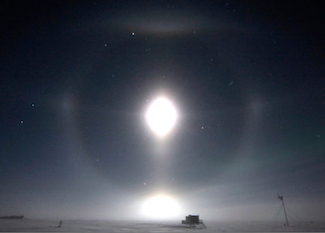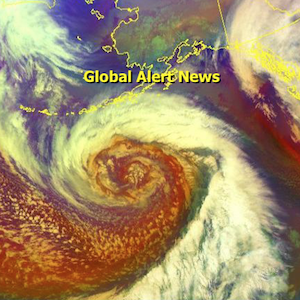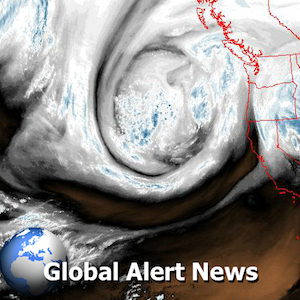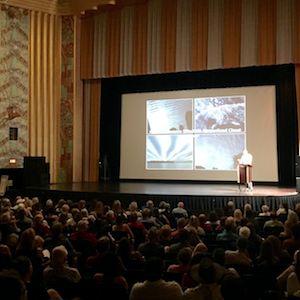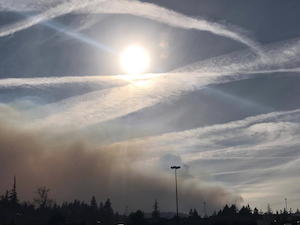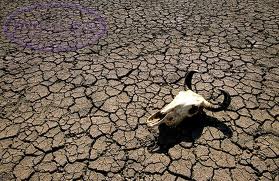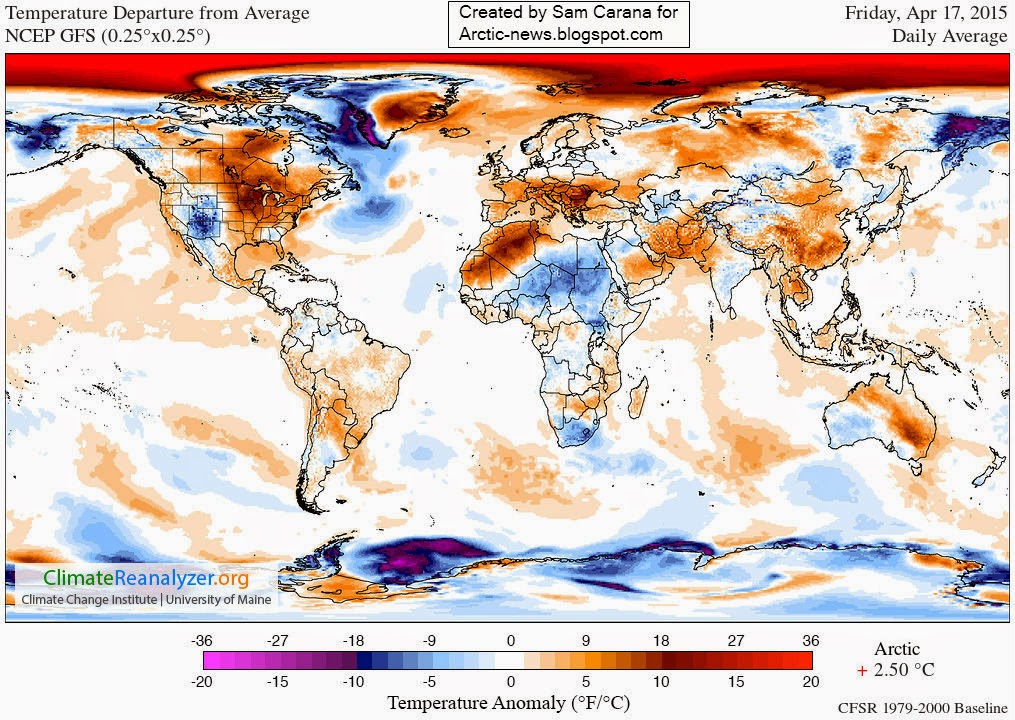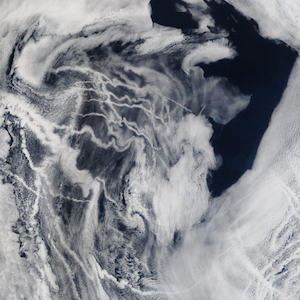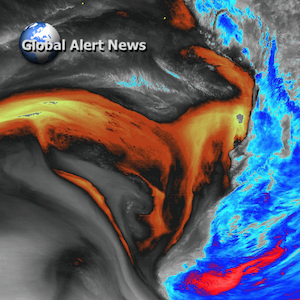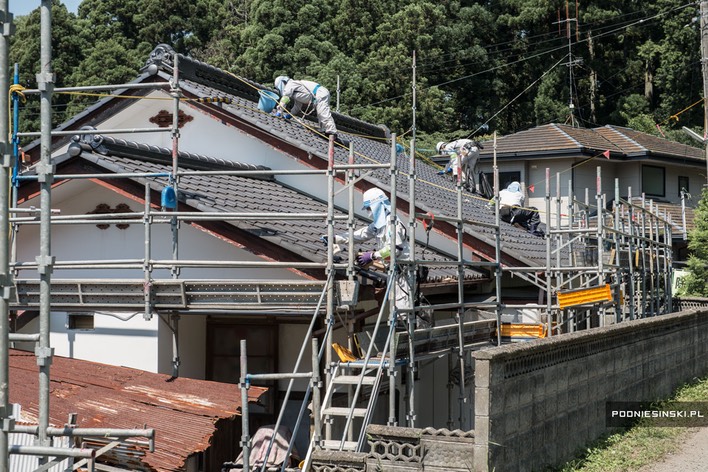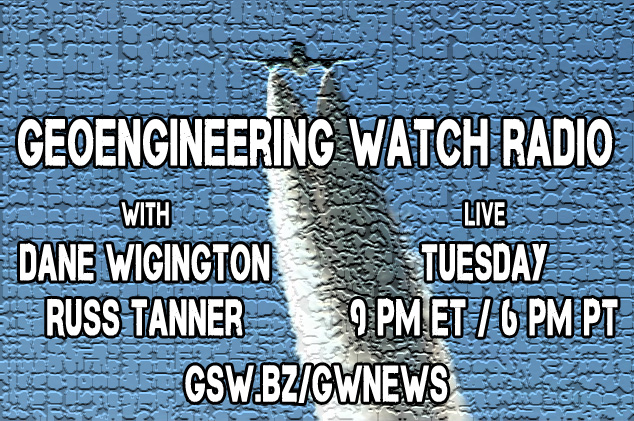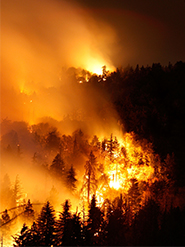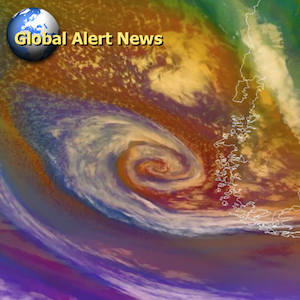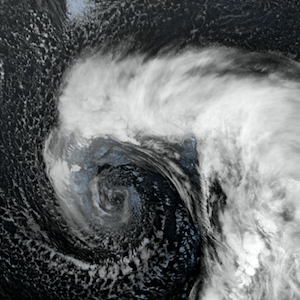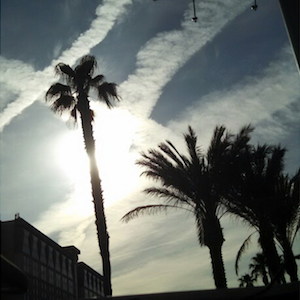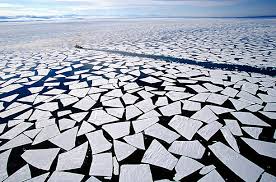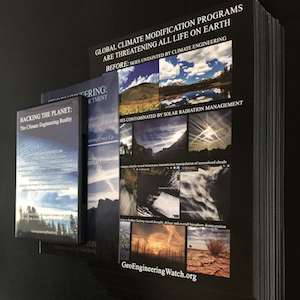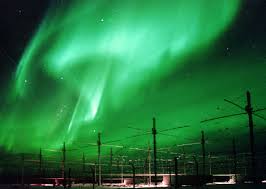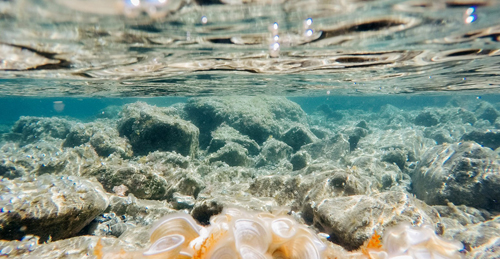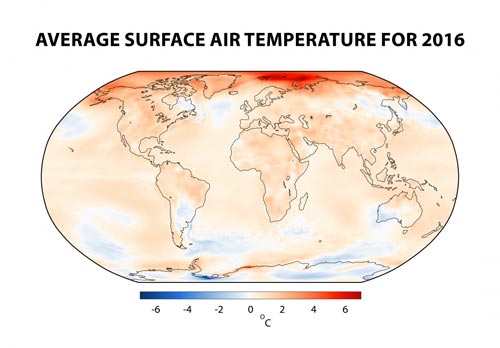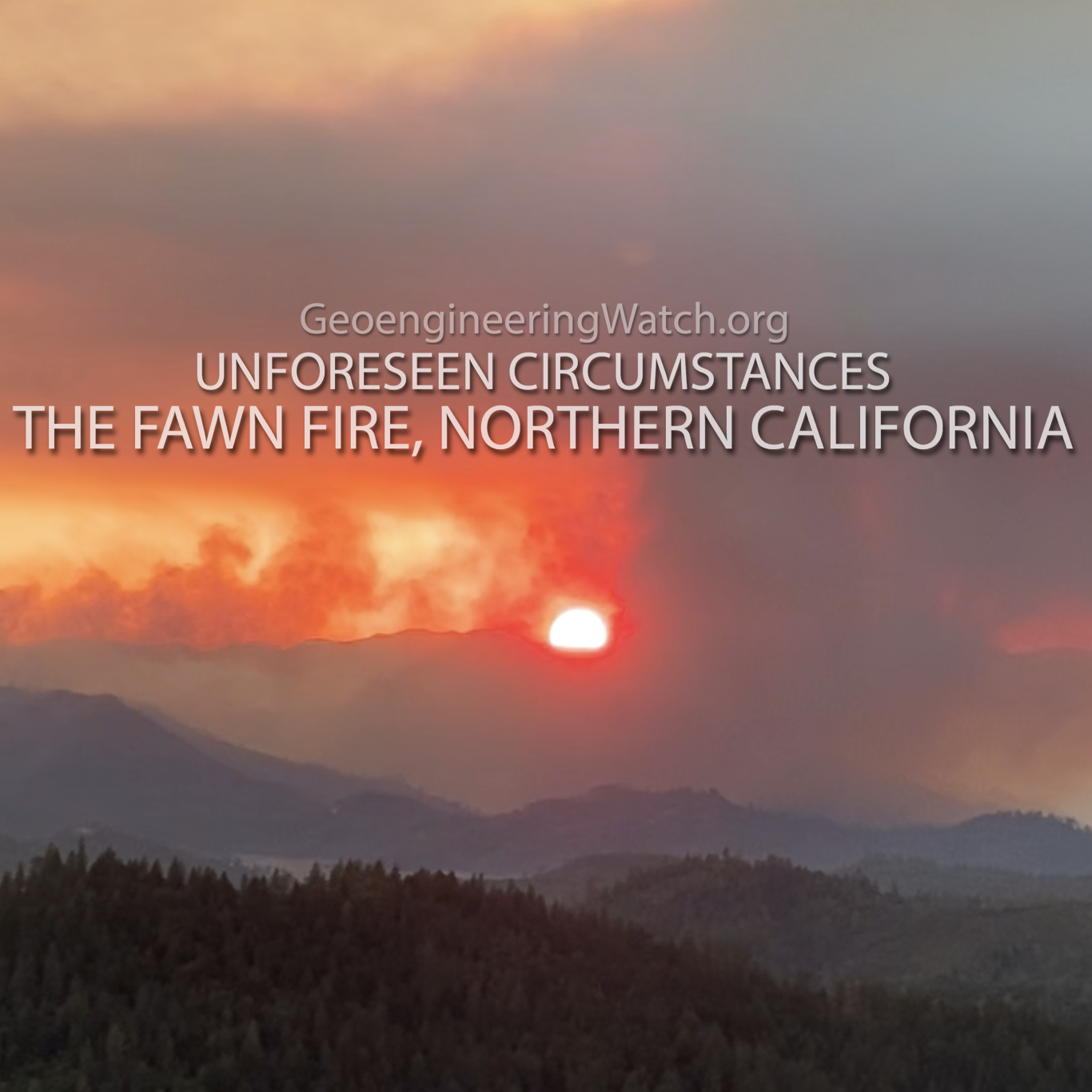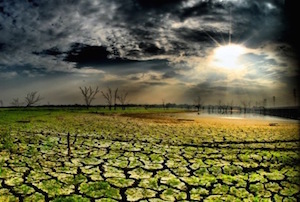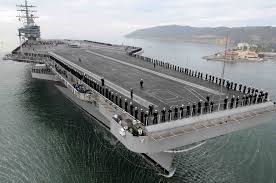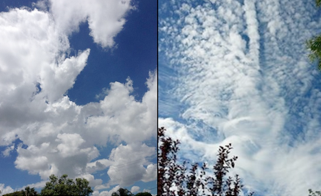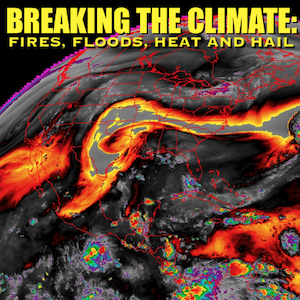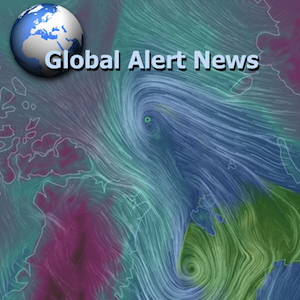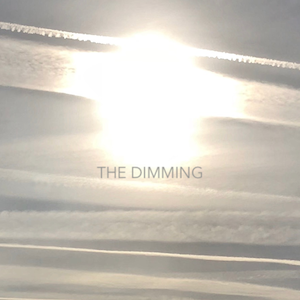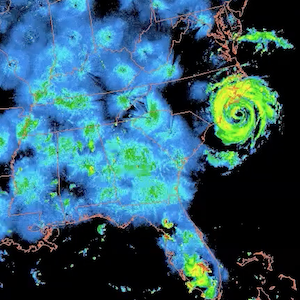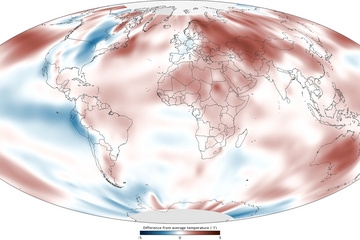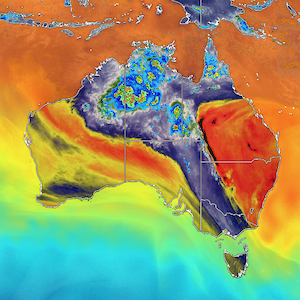Source: Arctic News
For the first time in thousands of years, warm water is flowing into the Arctic Ocean. Warm water from the deep ocean is showing up on surface images. There is no way to put this into the context of ‘normal.’ Historic temperatures have kept the Arctic frozen on an even keel for thousands of years. Even if there was a ‘natural cycle’ it has been completely overridden by the astonishing amount of pollution that is going into the atmosphere.
Over 90 percent of Earth’s energy imbalance has been going into the oceans, almost unnoticed by people keeping track of the temperatures in the atmosphere. The warmer ocean water is going through the Bering Strait and into the Chukchi Sea, Barents Sea, East Siberian Sea and worst of all, the Laptev Sea.
 |
| The Gakkel Ridge crosses the Arctic Ocean from Greenland to the Laptev Sea, see earlier post |
There are methane hydrate concentrations in all of these areas up to 1,500 feet deep for miles and miles. There are fractures here that give mantel methane a route to the surface that have been safely sealed by ice. The hydrates and seals are thawing.
 |
| In 2013, huge amounts of methane erupted over the Gakkel Ridge and the Laptev Sea in October, with levels as high as 2662 ppb on November 9. In 2014, levels over 2400 ppb were recorded on September 14, 15 and 16. |
On the Greenland side, warm water is flowing into the Arctic from the Labrador, Greenland and Norway seas. The international SWERUSs-C3 expedition on the icebreaker Oden is recording ‘mega flares‘ of methane. There are many factors involved in warming the Arctic Ocean, but warm water flowing into it is one of the worst.
Harold Hensel
Cedar Rapids
Source: Arctic News




